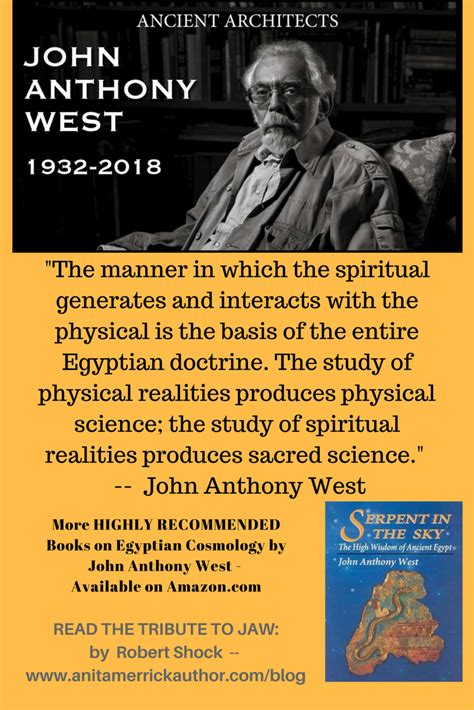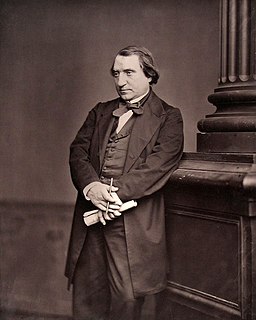A Quote by Muhammad Iqbal
Indeed, in view of its function, religion stands in greater need of a rational foundation of its ultimate principles than even the dogmas of science.
Related Quotes
The essence of religion is inertia; the essence of science is change. It is the function of the one to preserve, it is the function of the other to improve. If, as in Egypt, they are firmly chained together, either science will advance, in which case the religion will be altered, or the religion will preserve its purity, and science will congeal.
However the great successes of science - Galileo's telescopic observations, Newton's law of gravity, etc - all of this great success caused people to sort of say, what if we could establish religion on that same successful basis? What if we could have a good rational foundation for religious belief. What if religion could be sort of like science. Of course, that can't be.
There is some conflict between religion and science in my world, but that's nothing new. Science, at its root, is a rational discipline. Religion, on the other hand, is fundamentally trans-rational. Both of them attempt to solve problems, but since their methodology is vastly different, they can't help but come into conflict.
I have long been an ardent believer in the science of Homeopathy and I feel happy that it has got now a greater hold in India than even in the land of its origin. It is not merely a collection of a few medicines but a real science with a rational philosophy at its base. We require more scientific interest and inquiry into the matter with special stress upon the Indian environment
Science without religion is dangerous because it necessarily entails a mechanization of humanity and consequent loss of individual autonomy and spirituality. On the other hand, religion without science is powerless because it lacks an effective means through which to actualize the ultimate reality. Science and religion must work together harmoniously.
The Christian religion is only for one who needs infinite help, therefore only for one who feels an infinite need. The whole planet cannot be in greater anguish than a single soul. The Christian faith - as I view it - is the refuge in this ultimate anguish. To whom it is given in this anguish to open his heart, instead of contracting it, accepts the means of salvation in his heart.
In my view, The Temple of Man is the most important work of scholarship of this century. R. A. Schwaller de Lubicz finally proves the existence of the legendary 'sacred science' of the Ancients and systematically demonstrates its modus operandi. It was this great science-based upon an intimate and exact knowledge of cosmic principles-that fused art, religion, science, and philosophy into one coherent whole and sustained Ancient Egypt for three thousand years.
But science can only be created by those who are thoroughly imbued with the aspiration toward truth and understanding. This source of feeling, however, springs from the sphere of religion. To this there also belongs the faith in the possibility that the regulations valid for the world of existence are rational, that is, comprehensible to reason. I cannot conceive of a genuine scientist without that profound faith. The situation may be expressed by an image: science without religion is lame, religion without science is blind.
Never has any one been less a priest than Jesus, never a greater enemy of forms, which stifle religion under the pretext of protecting it. By this we are all his disciples and his successors; by this he has laid the eternal foundation-stone of true religion; and if religion is essential to humanity, he has by this deserved the Divine rank the world has accorded him.
Mysticism is a rational enterprise. Religion is not. The mystic has recognized something about the nature of consciousness prior to thought, and this recognition is susceptible to rational discussion. The mystic has reasons for what he believes, and these reasons are empirical. The roiling mystery of the world can be analyzed with concepts (this is science), or it can be experienced free of concepts (this is myticism). Religion is nothing more than bad concepts held in place of good ones for all time. It is the denial-at once full of hope and full of fear-of the vastitude of human ignorance.







































